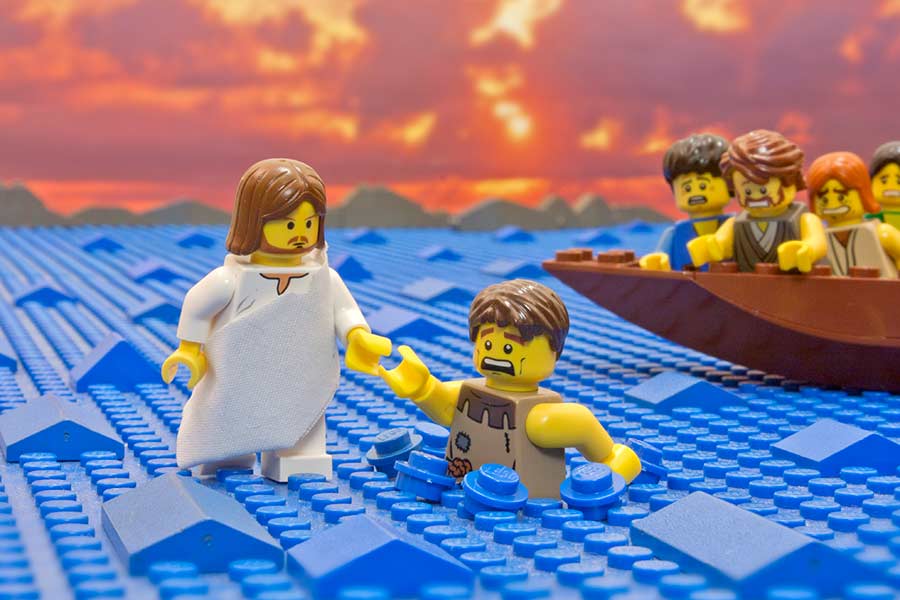When war between the United States and the Republic of Mexico broke out in spring of 1846, US President James K. Polk saw it as an opportunity to conquer the vast amounts of Mexican territory stretching between the western border of the US and the Pacific Ocean. Captain James Allen of the US Army was sent to the Mormons at Mount Pisgah to recruit volunteers.
The Saints had many reasons to be suspicious of Allen. Brigham Young and others were still facing federal charges of counterfeiting, and a rumor had been spread that federal troops planned to kill them rather than allow them to move west. But Church leaders soon recognized the opportunity to negotiate for badly needed financial support and for the permission to winter on Native American lands.
Although not a single one of the Saints was in support of the idea to start with, President Young made several recruitment speeches that tempered mistrust of the federal government, and highlighted the benefits of this venture for the Church. Three weeks later, as they were being sent off, Young promised the 541 recruits that if they stayed faithful, all of their lives would be spared.
More and more companies of Saints emigrated from Nauvoo that spring, but faced an arduous journey across the plains. That summer over 700 died en route from diseases including pneumonia, malaria, tuberculosis, and an outbreak of "black canker" or scurvy.
As the Mormons emmigrated west, a man named Jedidiah Grant watched helplessly as his wife Caroline died from cholera. A few days later, their infant daughter Margaret succumbed as well. Circumstances forced Grant to bury the baby in a shallow grave on the Wyoming plains. Some time later, Grant returned to the site to exhume his daughter's body, but discovered that wolves had gotten to it first.
Years later Grant received a vision in which he saw his deceased wife and daughter in the Spirit World. Holding their daughter in her arms, she said, "Mr. Grant, here is little Margaret; you know that the wolves ate her up, but it did not hurt her; here she is all right." In describing their condition to a friend, Grant said, "They have been released from the earth struggles into which you and I are plunged. They are many, many times happier than we can possibly be here."
When Brigham Young's camp reached Chimney Rock in Wyoming, Church leaders were distressed by their fellow Saints' frivolity—playing cards, using profanity, and gambling. Young gave the camp a stern reprimand, telling them, "I'd sooner go amongst the savages with six or eight sober-minded, faithful men than with this entire camp in its current state." He called them to repent lest worse storms be sent their way.
Young became ill with mountain fever as his company continued westward past the borders of the United States and into the Republic of Mexico. Upon reaching the Salt Lake Valley, on July 22, 1847, Young looked out over the scenery from his carriage and declared, "It is enough. This is the right place." One year after the Saints chose this new place of gathering, the Treaty of Guadeloupe changed national borders such that the Saints were now once again in United States territory.
NEXT:
Also from the creator of The Brick Book of Mormon:

